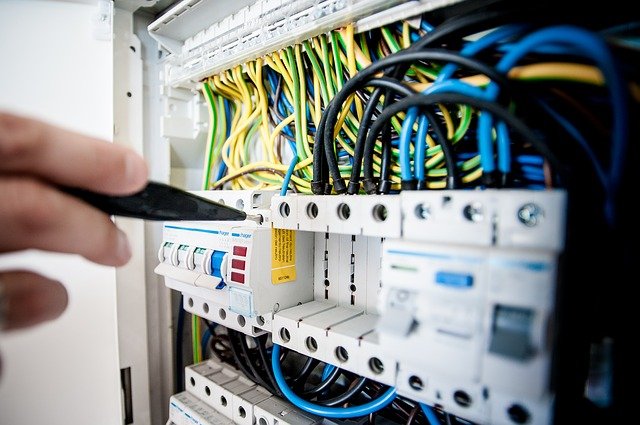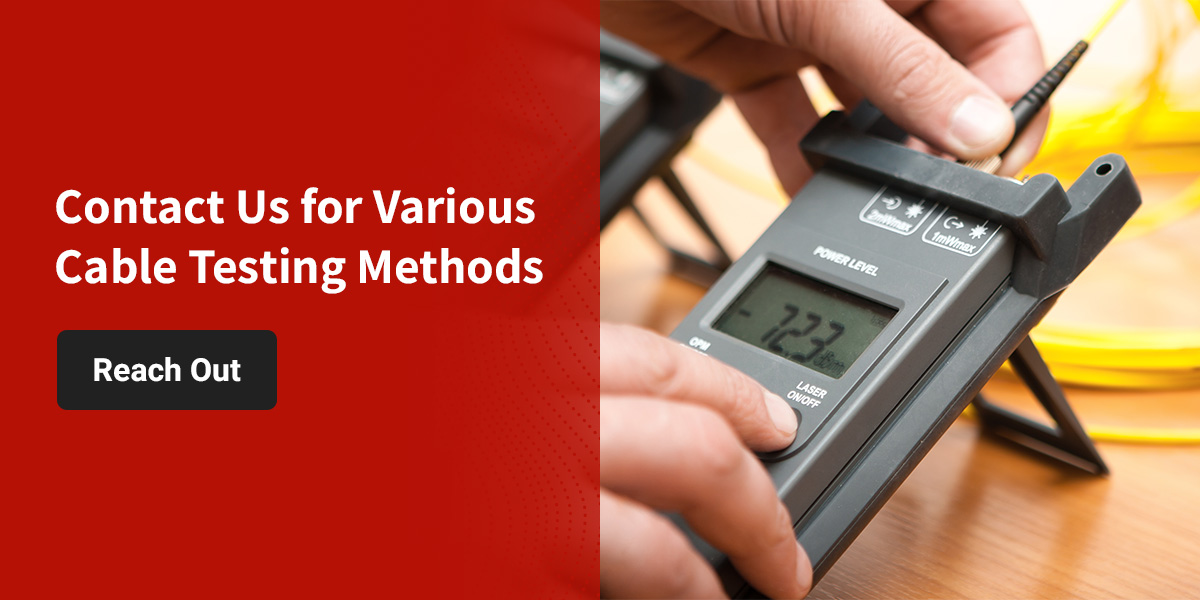As with any piece of equipment, cables need testing to ensure they meet performance standards. While there’s not a single method to test cables, different tests can reveal different aspects of a cable’s health. Working with a testing specialist can help you understand the best ways to test cables for your unique needs.
What Is Cable Testing?
Operations conduct cable testing to predict faults in power systems and respond to them before they disrupt energy distribution. Electrical power cable testing makes systems safer and prevents extensive downtime for operations. If cables go untested, they’re more likely to cause errors in electrical distribution that can damage equipment and stop power altogether.
Cable Testing Types
Specialists use many types of cable testing to gauge the quality of cables and insulation. Some of these tests include:
- DC insulation resistance test: This type of test checks for contamination in cable insulation caused by dirt, moisture or carbonization. These tests must be charted over time to identify patterns in insulation resistance. If the measurements show a continued downward trend, your insulation is deteriorating and needs to be replaced.
- Partial discharge test: A partial discharge only partly bridges the insulation between conductors. With a partial discharge test, specialists can measure the magnitude and voltages of these discharges to determine if the insulation is still stable. When discharge reads above safe limits, the insulation is failing and needs to be replaced.
- Power and dissipation factor test: This test is often referred to as the Tan Delta test. It’s a diagnostic test that can assess the quality of cable insulation based on cable performance when voltage levels are increased. A high dissipation factor indicates that the quality of your cable insulation is poor due to air pockets, moisture and other defects.
- Very low frequency (VLF) test: This type of test can be used as an acceptance test or a maintenance test to assess cable condition. VLF testing is not destructive and won’t lead to premature deterioration. The tester applies a specific voltage to the cables. If the cables withstand the voltage, they pass the test.
Contact Us for Various Cable Testing Methods
At Power Products & Solutions, we offer cable testing services for acceptance testing and maintenance requirements. This process is essential to the integrity of your power systems. Reach out to us today to learn more about our cable testing methods.


